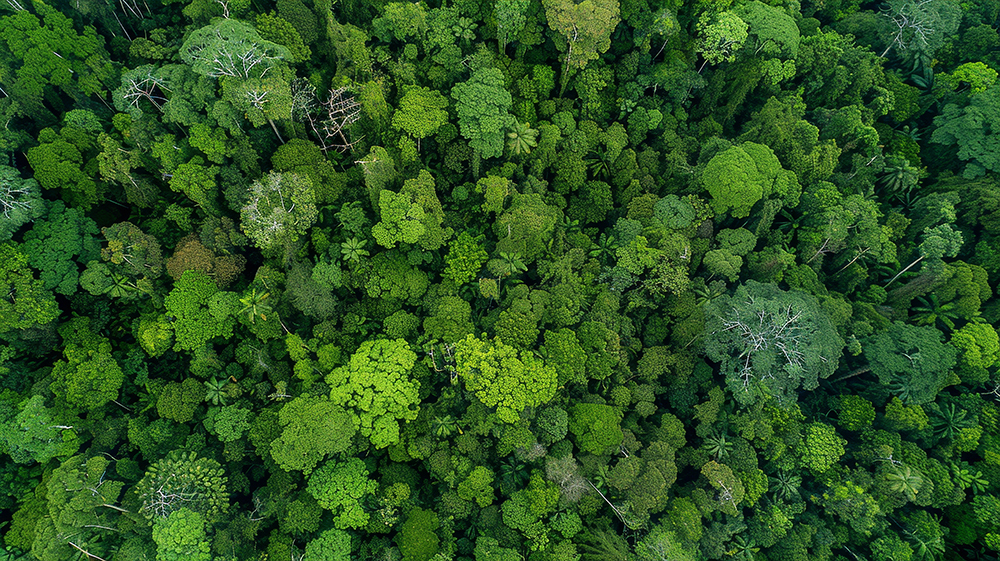Biodiversity, forestry, and agroecology are interconnected concepts vital to the sustainable coexistence of humanity and the natural world.
Biodiversity refers to the variety of life on Earth, encompassing the multitude of species, ecosystems, and genetic diversity that collectively contribute to the resilience and functioning of our planet.
Forestry, on the other hand, is the responsible management and conservation of forests, recognising their crucial role in supporting biodiversity, mitigating climate change, and providing resources essential for human well-being.
Agroecology, similarly, is an integrative approach to agriculture that emphasises the synergy between ecological principles and sustainable food production.
What binds these concepts together is their shared commitment to preserving and enhancing the intricate web of life, understanding the interdependence of ecosystems, and promoting practices that harmonise human activities with the broader environment.
The concepts of biodiversity, forestry, and agroecology play a crucial role in the transition towards a green economy, where economic activities are aligned with environmental sustainability and social well-being.
Research Topics
- Climate change
- Afforestation
- Succession
- Ecosystem services
- Natural resources
- Biocontrol
- Soil research
- Past activities
- GIS
- Plants biomechanics
- Forest sites
- Public participation
- Mistletoe
- Wetlands grazing
- Shrub studies
- Cucurbit crops
- Human well-being
- Wastewater
- Crop genome
- Fungi
- Compost production
- Aquatic plants
- Invasive species
- Fire
- Seed and plant breeding
- Resin
- Tree resilience
- Pests
- Green city
- Waterflow ecology
JRC 4 Coordinator : Wojciech Kędziora (Warsaw University of Life Sciences).

